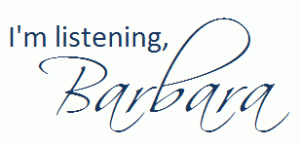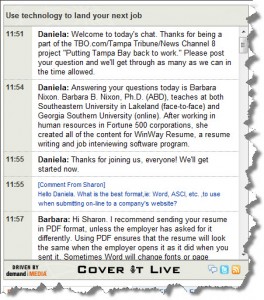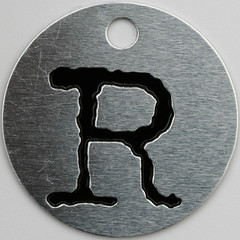
An interview is a two-way street; both the interviewer and candidate are trying to learn as much as possible about each other in a short period of time to determine if there is a fit.
Sometimes job candidates get so wrapped up in trying to develop stellar answers to questions they anticipate being asked that they neglect the flipside of that: coming up with great questions to ASK their interviewers.
Below you’ll find a list of questions to put in your (metaphorical) back pocket the next time you’re being interviewed. Many thanks to colleagues and friends who helped me pull this list together for you. (PRO TIP: Write down your questions before the interview.)
- What’s different about working here than anywhere else you’ve worked?
- How has the company changed since you joined?
- Why do most employees leave the company?
- What could you tell me about the company that I couldn’t find out by Googling?
- Tell me about the team that I would manage.
- Is this a newly created role? If so, what led you to create the role? If not, tell me about the shoes I would be filling.
- What else can I answer for you to help you make this hiring decision?
- Tell me what your onboarding process is like for new employees.
- Which other teams in this company would I be working most closely with in my new role?
- What types of professional development opportunities does your company provide?
- What can I do in the first 90 days that shows you made the right decision to hire me? (Ashleigh Rankin)
- What specific challenges or problems you would like me to address immediately? (Jack Leblond)
- What is the most impactful action a new associate can take in their first 30 days in the role to be successful? (Stephanie Haney)
- Tell me about your most successful employees and what they do that makes them so successful. (Ryan Shea)
- And ALWAYS remember to ask this question: What is your timeline for the next steps in your hiring process?
Image Credit: Free Stock photos by Vecteezy

 After a little more than five years working with a software company, my position was eliminated, and I found myself in an unexpected state of “retirement.” And “retirement” for me means spending my days searching for what’s next.
After a little more than five years working with a software company, my position was eliminated, and I found myself in an unexpected state of “retirement.” And “retirement” for me means spending my days searching for what’s next.





